Essential Vegan Supplements: A Comprehensive Guide
Introduction
The vegan diet, rich in fruits, vegetables, whole grains, and legumes, offers numerous health benefits, including improved heart health, better blood sugar control, and a lower risk of certain types of cancer. However, due to its exclusion of all animal products, there are specific nutrients that may be lacking, potentially leading to deficiencies. To ensure optimal health, it is important for vegans to be mindful of these nutrients and consider supplementation where necessary. This comprehensive guide examines essential vegan supplements, providing insights into their importance, sources, and recommended dosages.
Vitamin B12
Vitamin B12, also known as cobalamin, is a crucial nutrient for nerve function and the production of DNA and red blood cells. It is naturally found in significant amounts only in animal products, which makes it a critical supplement for those following a vegan diet.
Importance of Vitamin B12
Vitamin B12 deficiency can lead to anemia, nervous system damage, and cognitive impairments. Symptoms of deficiency include fatigue, weakness, constipation, loss of appetite, and weight loss. In severe cases, it can cause neurological changes such as numbness and tingling in the hands and feet.
Sources and Dosage
Vegans can obtain Vitamin B12 through fortified foods such as plant-based milk, breakfast cereals, and nutritional yeast. However, supplementation is often recommended to ensure adequate intake. A daily supplement of 250-500 mcg is typically sufficient, but it’s advisable to consult with a healthcare provider for personalized recommendations.
Iron
Iron is essential for the production of hemoglobin, a protein in red blood cells that carries oxygen throughout the body. Plant-based sources of iron are non-heme, which is less readily absorbed by the body compared to heme iron from animal sources.
Importance of Iron
Iron deficiency can result in anemia, leading to symptoms such as fatigue, weakness, and impaired cognitive function. Vegans, especially women of childbearing age, should be vigilant about their iron levels.
Sources and Dosage
Good plant-based sources of iron include lentils, chickpeas, tofu, quinoa, pumpkin seeds, and fortified cereals. Consuming vitamin C-rich foods alongside iron-rich foods can enhance absorption. If supplementation is necessary, it should be done under medical supervision as excessive iron intake can be harmful.
Omega-3 Fatty Acids
Omega-3 fatty acids, particularly EPA and DHA, are vital for brain health, heart health, and inflammatory response. While flaxseeds, chia seeds, and walnuts provide ALA (a type of omega-3), the conversion to EPA and DHA is inefficient in the body.
Importance of Omega-3 Fatty Acids
Adequate intake of omega-3s can help reduce inflammation, lower the risk of heart disease, and support cognitive function. A deficiency may increase the risk of chronic inflammation and cardiovascular diseases.
Sources and Dosage
Algal oil is a plant-based source that provides EPA and DHA. A daily supplement of 200-300 mg of combined EPA and DHA is recommended for vegans. As always, consultation with a healthcare provider is advised to determine the appropriate dosage.
Vitamin D
Vitamin D is essential for bone health, immune function, and mood regulation. It can be synthesized in the skin through sun exposure, but factors such as geographic location, skin pigmentation, and sunscreen use can affect synthesis.
Importance of Vitamin D
Vitamin D deficiency can lead to bone disorders such as osteoporosis and rickets, as well as increased susceptibility to infections and mood disorders.
Sources and Dosage
Few plant-based foods naturally contain vitamin D, making supplementation or fortified foods necessary. Vegan-friendly vitamin D2 is available, but vitamin D3 from lichen is more effective. A daily supplement of 1000-2000 IU is typically recommended, especially during the winter months or for those with limited sun exposure.
Zinc
Zinc is a trace mineral important for immune function, DNA synthesis, and cell division. It is predominantly found in animal products, making supplementation important for vegans.
Importance of Zinc
Zinc deficiency can compromise immune function, delay wound healing, and impair growth and development. It is also associated with hair loss and skin issues.
Sources and Dosage
Plant-based sources of zinc include legumes, nuts, seeds, and whole grains. However, phytates in these foods can inhibit absorption. A daily supplement of 8-11 mg is generally recommended for vegans, but specific needs may vary.
Iodine
Iodine is crucial for thyroid function, which regulates metabolism. Plant-based diets can be low in iodine, particularly if they exclude iodized salt and sea vegetables.
Importance of Iodine
Iodine deficiency can lead to thyroid dysfunction, resulting in symptoms such as fatigue, weight gain, and cognitive impairments. Severe deficiency can cause goiter and developmental issues in children.
Sources and Dosage
While sea vegetables like seaweed are rich in iodine, their iodine content can vary widely. Iodized salt is an easy way to ensure adequate intake. Alternatively, a supplement providing 150 mcg of iodine daily can be used, with medical guidance.
Calcium
Calcium is key for maintaining healthy bones and teeth, muscle function, and nerve signaling. While dairy is a primary source of calcium, vegans can obtain it from plant-based sources.
Importance of Calcium
Calcium deficiency increases the risk of osteoporosis and bone fractures. It can also affect muscle function and cardiovascular health.
Sources and Dosage
Good vegan sources include fortified plant milks, tofu, almonds, and leafy greens. A daily intake of 1000-1300 mg of calcium is recommended, potentially through a combination of diet and supplementation.
Conclusion
While a well-planned vegan diet can provide most of the nutrients the body needs, certain vitamins and minerals may require special attention. Supplementation can play a crucial role in ensuring nutritional adequacy and preventing deficiencies. As individual needs vary, it is best to consult with a healthcare provider or a registered dietitian to tailor a supplement regimen that supports your vegan lifestyle. By being proactive about your nutritional health, you can enjoy the benefits of a vegan diet while maintaining optimal well-being.

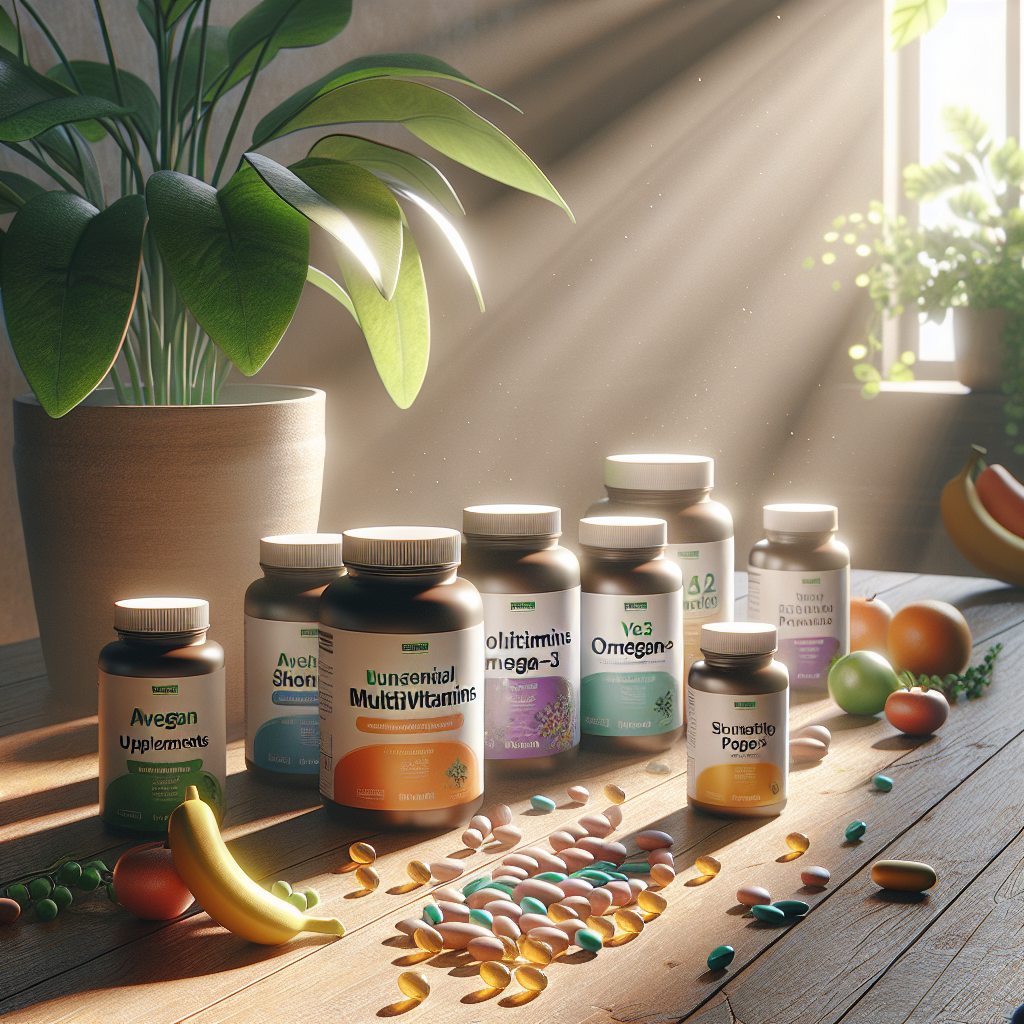


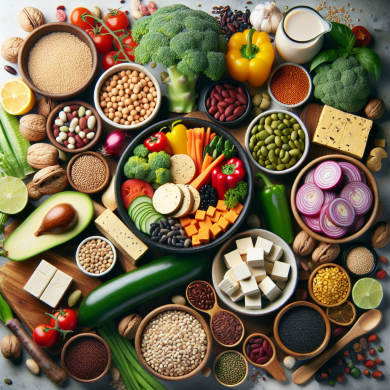
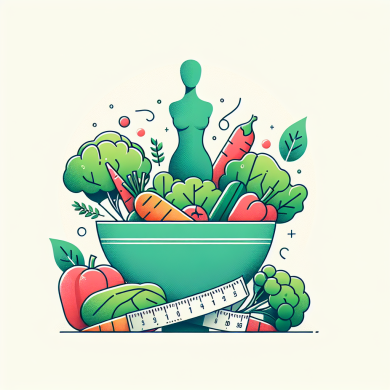
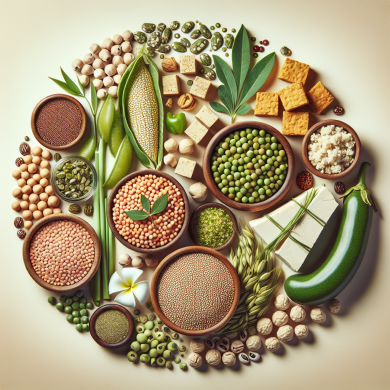
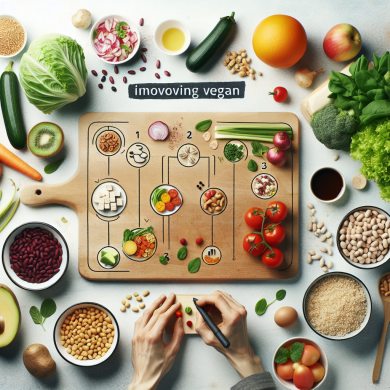
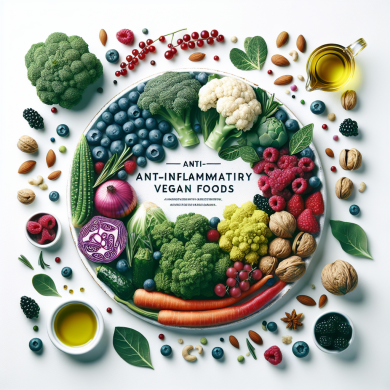






Add comment